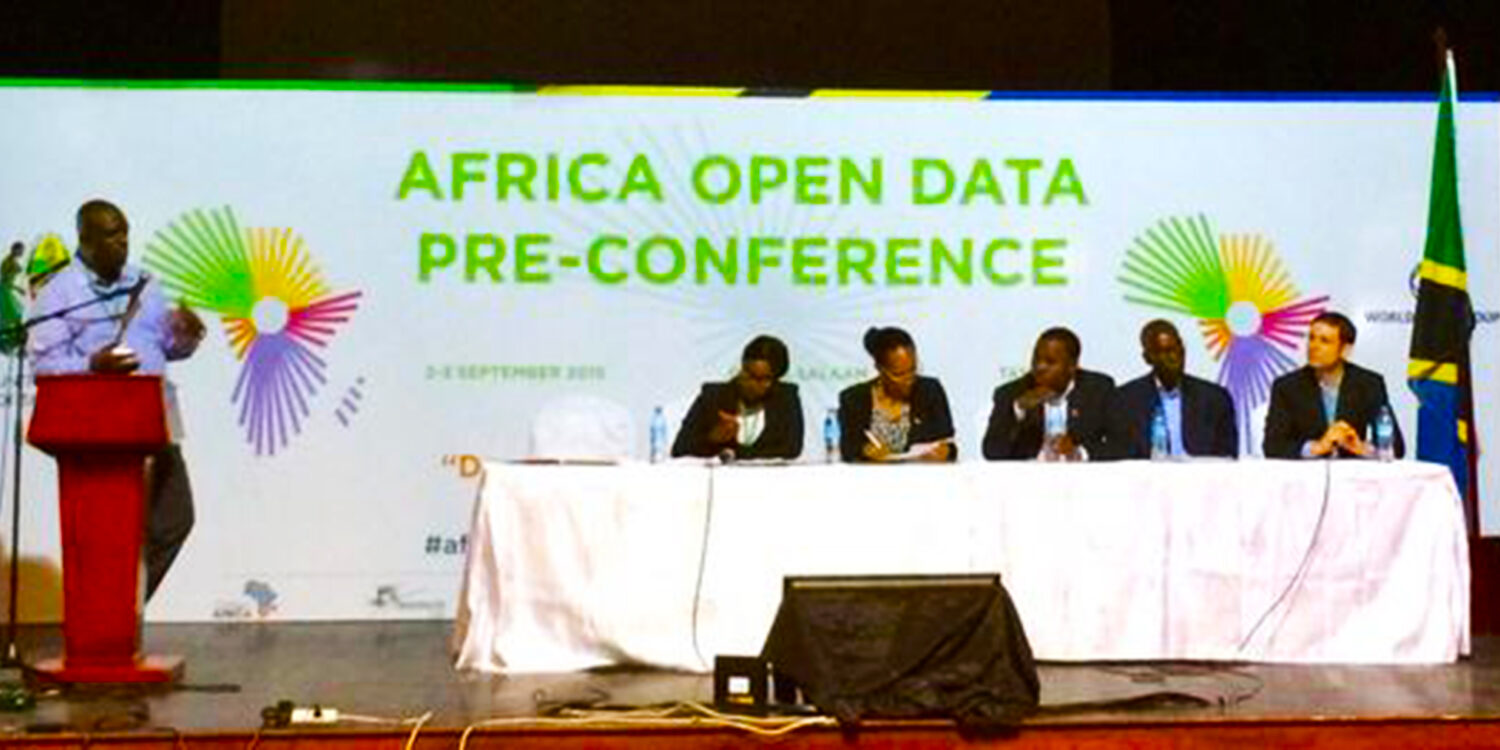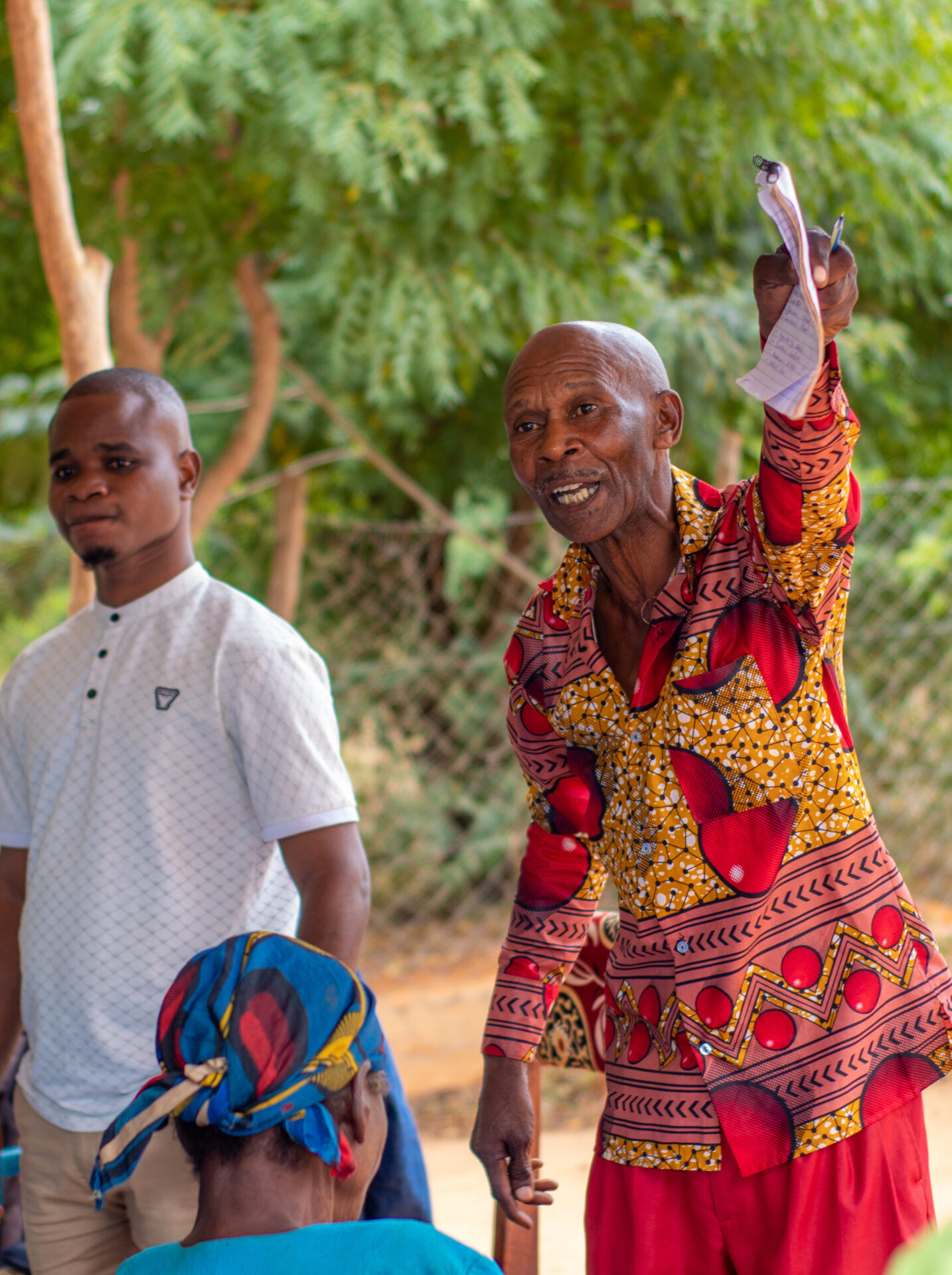I had the privilege to give a keynote speech at the Africa Open Data Conference in Dar es Salaam, Tanzania on the first day of the conference. My reflections were a bit more caution-oriented than many of the speakers that I encountered at the conference. In the spirit of continuing the discussions that happened there, I thought to make the following contribution.
The second point of the Open Institute’s guiding principles – which direct how we work and what we try to achieve, is that we commit ourselves to hype-free development. My speech aimed to reflect on this a little bit.
In the speech, I told three stories, which I shall now tell again.
First, the story about the Rift Valley County Parliamentarian who had been banished by his constituents from his rural home for months because he was found to have misappropriated funds meant for a community project, using one of his companies. This is a good story for Open Data activists like us who work towards ensuring that such data is available to citizens, that infomediaries are engaged and that citizens are activated to act.
Motivations matter because they determine how we implement Open Data Projects.
But as we work to put together Open Data projects – be they portals or citizen facing activities, we must acknowledge that the motivations by all stakeholders towards the success of such projects are important. I told the story of going to an African country where I had the opportunity to meet with the president a couple of years ago. I went there to evangelise Open Data in the hopes that that country would “get with the programme”.
After speaking for a spell with the president, who was nodding appreciatively as I spoke, he told me that he had two answers for me – one official and one unofficial. The official answer was that his government is fully committed to transparency as a key pillar to their approach to development. That indeed, he recognised that Open Data is a quick win in introducing greater transparency and as a country they were keen to start and launch an Open Data Initiative as quickly as possible.
“As a friend,” he then said, “I must give you an unofficial answer that must not be repeated. We cannot be too transparent right now in this country. We must allow the people who fought for us to be here, to eat!”
We have continued to spend time advocating in this country and investing time in showing that a more successful country is going to be a far greater and sustainable reward for them. I am happy to report that we are making progress.
This frankness reminded me of this clip from the great old british TV series from the 70s, Yes, Minister – which I confess to watching rather frequently lately.
Open Government Clip from Al Kags on Vimeo.
At the heart of Open Data initiatives is culture change – from a culture of secrecy to a culture of passive openness and finally to a culture of active openness. How can we change centuries of the secrecy culture in just 4 months? It is sadly egotistical for us to imagine that a government official’s culture will change just because they listened to a well-crafted sales pitch or attended a uniquely designed training session.
The discussion about culture change has to be at the centre of the thinking around how the Sustainable Development Goals could begin to happen. How do we get governments to view proactive transparency as a valuable tool for their work? How do we get infomediaries to see that they can become positive influencers using data?
How do we get citizens to believe that they in fact can change things if they were more aware?
The thing is, we all want to see a change immediately. We are after all of the generation that is leans towards instant impact. As a result we tend to focus on hype. There are two purveyors of hype in our industry.
- We work on perennial pilot projects that are never scaled – even though they are deemed to be wildly successful.
- We focus a lot on building shiny artefacts and glittering events – which lead us to claiming modest changes in behaviour.
I found this image by IMD Professors Robert Hooijberg and Dan Denison in June 2012, instructive of the things that we must think about. The further below the iceberg we go, the closer we get to lasting change – and yet it is a political minefield – both with donors and with governments.

I recently learnt of the notion of having year zero planned within programme development. The idea is that there is often one year during which relationships are built and strengthened, during which assumptions are tested and work-plans are clarified. Unfortunately, most of our programmes are designed for a few months at a time.
We are convinced that in order to make lasting change, we need to go deep and structure our programmes to make lasting change. The truth is it takes longer time and consistent effort to change culture. It takes time to build understanding and to frame arguments. It takes time to break down silos sustainably.













